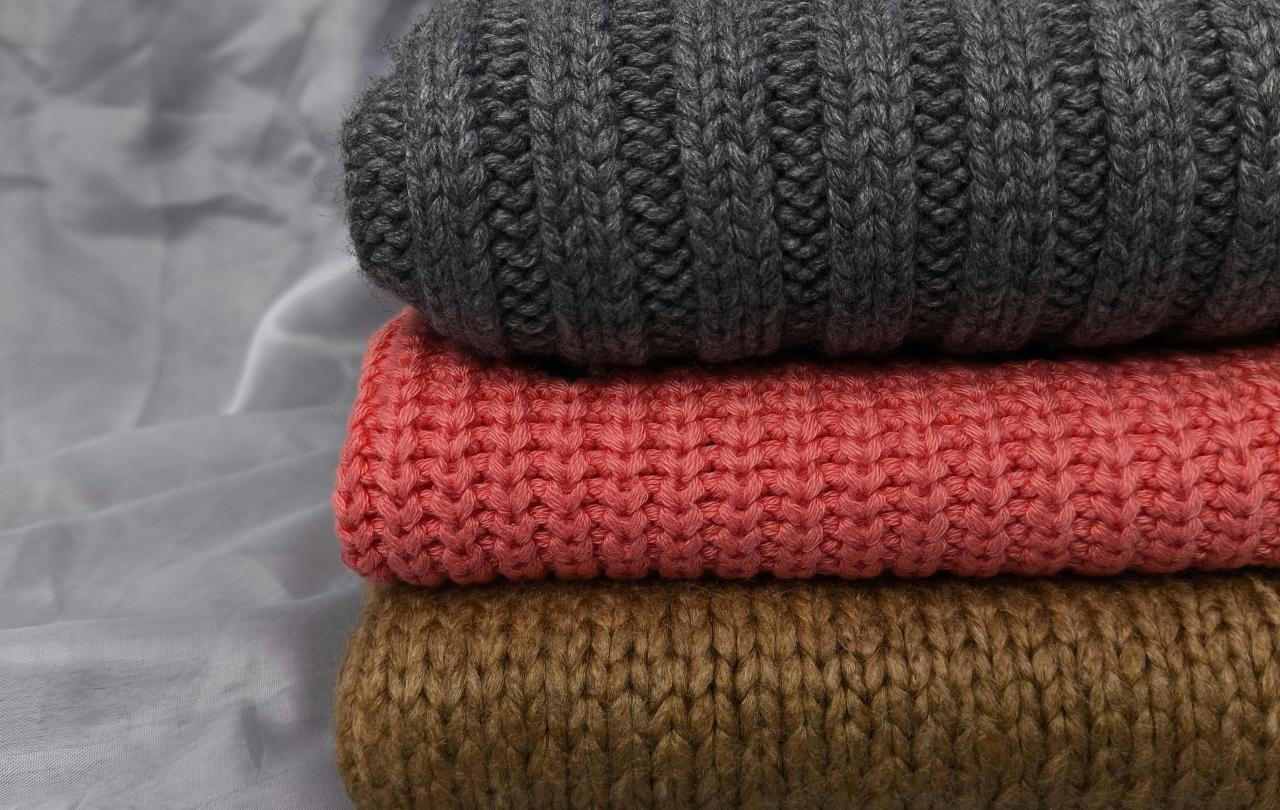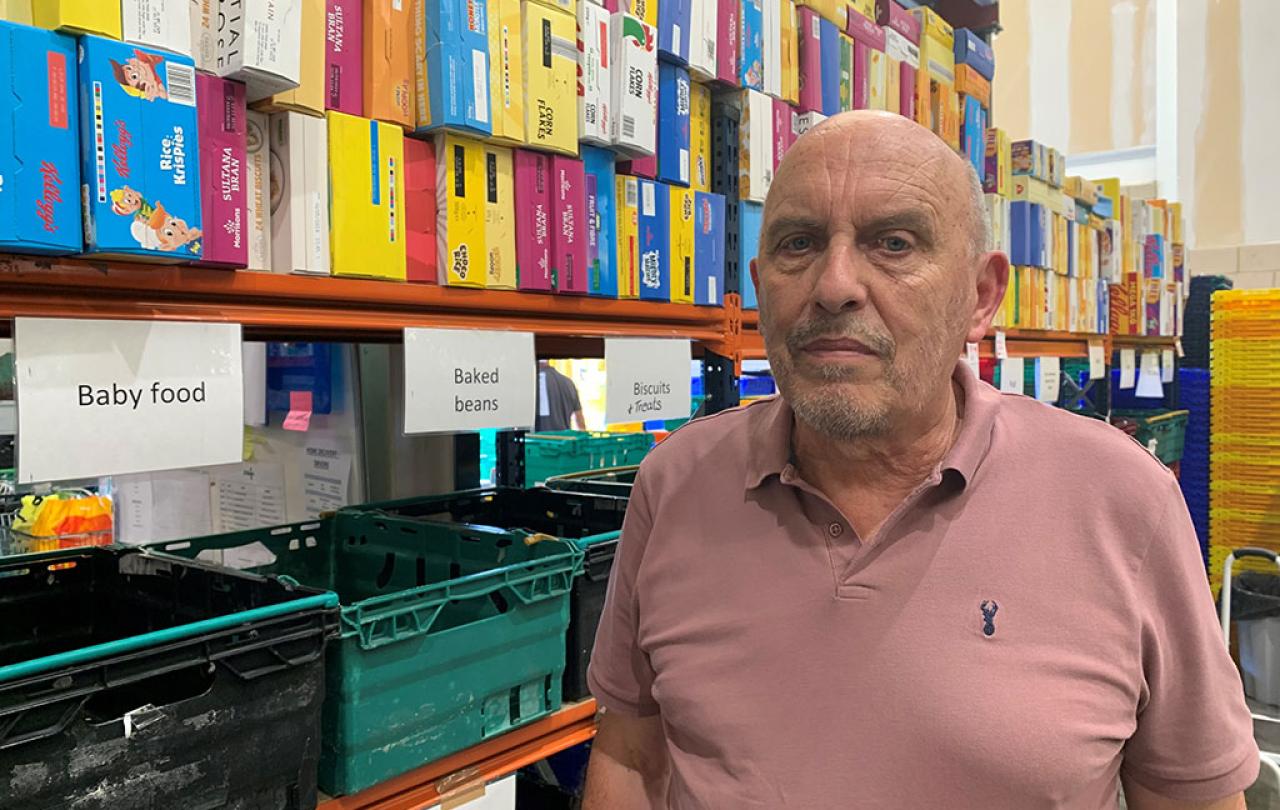
All too often, the world demands us to be one thing, or to be another. In our responses, our ideologies, our beliefs, we are expected to be this, or to be that. In or out. Yes or no. Red or blue. Black or white. The world likes when we label ourselves with a certainty that makes us easier to market to, to capture in a strategic plan, or to reach in an algorithm.
On a social level, these self-categorising definitions – what I believe, who I vote for, what I consume – can become a filtering system for who gets access to us, and who does not. In a combination of association and assumption, we decide who ‘our people’ are, and who they are not. And it seems straightforward.
That is until you realise two things: most of life occurs not in the confines of black or white certainty, but in the grey, in-between area. And none of us are straightforward.
After living through what was dubbed ‘the largest election year in history’ in a multi-national community, I can appreciate that a person is unlikely to experience uncomplicated commiseration or celebration. In the days following several of these major elections, I witnessed friends express disappointment, relief, uncertainty and acceptance in an exceptionally short span.
We may like to believe that we are clear-cut individuals who hold easily defined, nicely organised ideas and beliefs, but the reality is far messier. Our attitudes, views and feelings are lightly tethered to a spectrum and, almost always, we find ourselves somewhere in the middle.
Think about it. Can you remember the last time you felt sustained unadulterated happiness, without concern for something or someone lingering at the back of your mind? The reverse is true, too. I’ve known people in the trenches of grief to laugh out loud at their favourite Instagram reels. Typically, it doesn’t take much to drag us away from the highs and the lows of life. We are geared to live in the in-between spaces.
Make space for all that occurs within the confines of what the world expects and accepts. To embrace the mess of the in-between.
This pull we feel to the middle is not surprising. One of the early church leaders, Paul, said that ‘if anyone is in Christ, the new creation has come.’ We are new creation beings, surrounded by new creation ideas, in an old creation world. Our social constructs, systems and very lives are built on the premise of being somewhere in between the old and the new, a grey area of partly present and partly future.
Paula Gooder, the New Testament theologian, says of Paul’s writing: ‘With Jesus’s death and resurrection, the new creation lies with the old creation. From time to time, you will see moments of perfection, moments of resurrection, and those are the moments that keep us going in the difficult time … Although you’ve got new creation lying on top, you’ve still got old creation lying underneath. If you want to ask the question of why the world is as awful as it is, it’s because we’re living in old creation.’
In embracing the Kingdom of God in being both now and not yet, we are engaging in an act of resistance against notions of black-and-white existence by living in a grey area that is fit to burst into bright, celestial colour.
On the surface, the story that shapes our origins of existence, the creation narrative of Genesis suggests a God who works in binaries – night and day, land and sea. But we know that there is also the less easily defined twilight, dusk and dawn, marsh and mist. Creation itself indicates that living solely in duality is an impossible feat. After all, we weren’t made for separation, but for unity and reconciliation. All around us, the natural world witnesses to a God who created the things in-between and, like the setting and rising of the sun, he made them to be spectacular and captivating.
In his criticism of Richard Dawkins and the new atheist movement, Terry Eagleton echoes the excitement that dwells in the in-between, writing that Dawkins ‘would seem to divide neatly down the middle between things you can prove beyond all doubt, and blind faith. He fails to see that all the most interesting stuff goes on in neither of these places.’
While certainty has its moment and its merits, I don’t think living in a grey area is a bad thing. In fact, I think we’d all be better off if we could get used to it. If, in compassion, we could assume that our neighbour, too, is occupying space in the grey area, floating somewhere between joy and sorrow, clarity and confusion, relief and pain. If, in humility, we could accept that we don’t always have the answers and grow comfortable with saying ‘I don’t know.’ If, in fairness to ourselves and to others, we could allow for the myriad of feelings between delight and distraught.
In a world that not only expects polarisation but increasingly feeds it for profit of votes or views, this is a counter-cultural way of living. It is radical to acknowledge that our feelings, opinions and even our beliefs can rarely be defined as immovable. We are evolving beings and, as such, the stuff we hold in our minds and hearts today will morph and grow and potentially come to change tomorrow.
Our lives are more than a sum of wins and losses, comedy and tragedy, old and new, black and white. So, as we stand at the beginning of this year, I implore you to make space for all that occurs within the confines of what the world expects and accepts. To embrace the mess of the in-between. To press on in the grey areas of life, only to discover it full, vibrant and glorious in new creation colour.
Join with us - Behind the Seen
Seen & Unseen is free for everyone and is made possible through the generosity of our amazing community of supporters.
If you’re enjoying Seen & Unseen, would you consider making a gift towards our work?
Alongside other benefits (book discounts etc.), you’ll receive an extra fortnightly email from me sharing what I’m reading and my reflections on the ideas that are shaping our times.
Graham Tomlin
Editor-in-Chief





